Simple question. Is it possible to create endpoints without @Endpoint?
I want to create rather dynamic endpoints by a file and depending on the content to its context.
Thanks!
Update about my idea. I would to create something like a plugin system, to make my application more extensible for maintenance and future features.
It is worth to be mentioned I am using Micronaut with Kotlin. Right now I've got fixed defined Endpoints, which matches my command scripts.
My description files will be under /src/main/resources
I've got following example description file how it might look like.
ENDPOINT: GET /myapi/customendpoint/version
COMMAND: """
#!/usr/bin/env bash
# This will be executed via SSH and streamed to stdout for further handling
echo "1.0.0"
"""
# This is a template JSON which will generate a JSON as production on the endpoint
OUTPUT: """
{
"version": "Server version: $RESULT"
}
"""
How I would like to make it work with the application.
import io.micronaut.docs.context.events.SampleEvent
import io.micronaut.context.event.StartupEvent
import io.micronaut.context.event.ShutdownEvent
import io.micronaut.runtime.event.annotation.EventListener
@Singleton
class SampleEventListener {
/*var invocationCounter = 0
@EventListener
internal fun onSampleEvent(event: SampleEvent) {
invocationCounter++
}*/
@EventListener
internal fun onStartupEvent(event: StartupEvent) {
// 1. I read all my description files
// 2. Parse them (for what I created a parser)
// 3. Now the tricky part, how to add those information to Micronaut Runtime
val do = MyDescription() // After I parsed
// Would be awesome if it is that simple! :)
Micronaut.addEndpoint(
do.getEndpoint(), do.getHttpOption(),
MyCustomRequestHandler(do.getCommand()) // Maybe there is a base class for inheritance?
)
}
@EventListener
internal fun onShutdownEvent(event: ShutdownEvent) {
// shutdown logic here
}
}
